
They Hid This From Seniors: It Unclogs Arteries INSTANTLY!
10 Vegetables That Naturally Help Clear Blocked Arteries
Blocked arteries are a major contributor to cardiovascular diseases like heart attacks, strokes, and high blood pressure. These blockages usually occur due to the accumulation of plaque — a combination of cholesterol, fats, and other substances — that narrows and hardens the arteries. Fortunately, many vegetables contain nutrients that naturally support heart health, reduce inflammation, and promote clearer arteries. In this article, we explore 10 vegetables that can help unclog your arteries and support overall cardiovascular well-being.
1. Spinach: A Nitrate Powerhouse for Improved Blood Flow
Spinach is loaded with natural nitrates, which the body converts into nitric oxide. This molecule relaxes and widens blood vessels, improving circulation and reducing the risk of plaque build-up. Nitric oxide also helps prevent the clumping of blood cells, which can otherwise form dangerous clots.
Beyond nitrates, spinach offers a powerful mix of nutrients such as magnesium, potassium, and folate. These contribute to regulating blood pressure and maintaining a strong heartbeat. The antioxidants in spinach also combat oxidative stress, which is a leading factor in arterial damage.
Key Benefits:
-
Nitrates: Boost nitric oxide production for better circulation.
-
Antioxidants: Reduce oxidative stress and arterial aging.
-
Anti-inflammatory properties: Soothe the cardiovascular system.
How to Add Spinach to Your Diet:
-
Use raw spinach in salads or smoothies.
-
Sauté with garlic and olive oil for a nutritious side.
-
Add to omelets, pasta, or soups for a fiber-rich boost.
2. Kale: The Fiber-Rich Leafy Green for Artery Health
Kale is a true superfood when it comes to heart health. Rich in soluble fiber, it helps lower "bad" LDL cholesterol by binding to it and flushing it out of the system. Lower LDL levels mean less plaque formation and cleaner arteries.
Kale also contains a wealth of antioxidants, including lutein and beta-carotene, which help reduce inflammation and protect artery walls. Its high content of vitamins A, C, and K further supports blood vessel flexibility and repair.
Key Benefits:
-
Soluble fiber: Helps reduce cholesterol levels.
-
Antioxidants: Fight inflammation and arterial damage.
-
Supports blood vessel function: Keeps arteries elastic and resilient.
How to Add Kale to Your Diet:
-
Toss chopped kale into salads with lemon or olive oil.
-
Add to smoothies with fruits like banana or mango.
-
Bake into kale chips for a healthy snack alternative.
3. Garlic: Nature’s Circulation Booster
Garlic has long been celebrated for its medicinal properties, especially for the heart. Its active compound, allicin, has been shown to relax blood vessels and enhance circulation. This can lead to lower blood pressure and improved oxygen delivery throughout the body.
Garlic also possesses natural anti-inflammatory and anti-oxidative properties, which reduce plaque formation and protect arteries from damage. Studies have shown that regular garlic consumption may even slow the progression of atherosclerosis.
Key Benefits:
-
Allicin: Enhances blood flow and lowers pressure.
-
Anti-inflammatory: Reduces arterial inflammation.
-
Antioxidants: Protects vessels from oxidative stress.
How to Add Garlic to Your Diet:
-
Use raw in dips, dressings, or spreads.
-
Roast whole cloves for a milder, caramelized flavor.
-
Mix into soups, sauces, and stir-fries for depth and aroma.
4. Broccoli: The Cholesterol-Busting Veggie
Broccoli is rich in dietary fiber and antioxidants that contribute to arterial health. Its soluble fiber helps remove cholesterol from the bloodstream, thereby reducing the risk of fatty build-up in artery walls.
Additionally, broccoli contains sulforaphane, a compound known for its anti-inflammatory effects and ability to activate the body's natural detoxifying enzymes. These effects contribute to the prevention of atherosclerosis and related cardiovascular diseases.
Key Benefits:
-
Soluble fiber: Reduces LDL cholesterol.
-
Sulforaphane: Detoxifies and protects blood vessels.
-
High in vitamin C and K: Supports vascular repair and function.
How to Add Broccoli to Your Diet:
-
Steam lightly to preserve nutrients.
-
Roast with olive oil, garlic, and lemon zest.
-
Add to pasta, grain bowls, or veggie stir-fries.
5. Beets: Nitrate-Rich and Blood Pressure Friendly
Beets are another nitrate-rich vegetable that promotes the production of nitric oxide, helping to lower blood pressure and enhance circulation. This reduces stress on the arteries and supports overall heart function.
Beets also contain betalains, powerful antioxidants that reduce inflammation and oxidative damage. Plus, their natural fiber content supports cholesterol regulation and digestive health — a win-win for the circulatory system.
Key Benefits:
-
Nitrates: Increase nitric oxide for better circulation.
-
Betalains: Anti-inflammatory and detoxifying.
-
Supports cholesterol and gut health.
How to Add Beets to Your Diet:
-
Roast or steam and add to salads.
-
Blend into smoothies or juices.
-
Make beet hummus for a colorful twist.
6. Carrots: Beta-Carotene for Heart Protection
Carrots are high in beta-carotene, which converts into vitamin A and functions as a strong antioxidant. This helps prevent inflammation and oxidative damage in the arteries.
Carrots also contain fiber, which helps regulate cholesterol, and potassium, which helps maintain normal blood pressure. Regular consumption can contribute to cleaner, more flexible blood vessels.
Key Benefits:
-
Beta-carotene: Shields arteries from oxidative stress.
-
Fiber: Aids in lowering bad cholesterol.
-
Supports blood pressure and vessel health.
How to Add Carrots to Your Diet:
-
Eat raw with hummus or dips.
-
Add shredded to smoothies, muffins, or pancakes.
-
Roast with herbs for a flavorful side dish.
7. Brussels Sprouts: A Cruciferous Cholesterol Fighter
These mini cabbages are brimming with fiber and compounds like glucosinolates that detoxify and protect arteries. They help lower LDL cholesterol and contain antioxidants that reduce inflammation in the blood vessels.
Brussels sprouts also offer significant levels of vitamins C and K, which help strengthen and maintain the structure of blood vessels.
Key Benefits:
-
Fiber and glucosinolates: Aid in cholesterol reduction.
-
Antioxidants: Protect arteries from oxidative damage.
-
Vitamins C & K: Enhance vessel integrity and circulation.
How to Add Brussels Sprouts to Your Diet:
-
Roast with balsamic glaze and nuts.
-
Sauté with garlic and lemon zest.
-
Shred and mix into slaws or salads.
8. Onions: A Natural Anti-Inflammatory Ally
Onions are rich in quercetin, a plant antioxidant that helps reduce inflammation and protect artery linings from damage. This flavonoid has been shown to relax blood vessels, support circulation, and reduce blood pressure.
They also contain sulfur compounds that promote heart health by improving cholesterol profiles and preventing blood clotting.
Key Benefits:
-
Quercetin: Fights inflammation and plaque buildup.
-
Sulfur compounds: Enhance circulation and reduce clot risk.
-
Supports healthy blood pressure.
How to Add Onions to Your Diet:
-
Add raw to salads and salsas.
-
Caramelize and use in sandwiches or wraps.
-
Mix into soups, casseroles, or grain bowls.
9. Red Bell Peppers: Vitamin C for Arterial Flexibility
Red bell peppers are packed with vitamin C, which plays a critical role in collagen synthesis. Collagen supports arterial structure and flexibility, helping prevent stiffness and maintaining smooth blood flow.
They also contain beta-carotene and lutein, which reduce oxidative stress and promote long-term heart health.
Key Benefits:
-
Vitamin C: Strengthens arterial walls and prevents stiffness.
-
Carotenoids: Combat inflammation and free radicals.
-
Promotes smooth blood flow.
How to Add Red Peppers to Your Diet:
-
Eat raw with hummus or in salads.
-
Roast or grill for a smoky flavor.
-
Add to stir-fries, pastas, or fajitas.
10. Tomatoes: Lycopene for Artery Protection
Tomatoes are one of the best sources of lycopene, a powerful antioxidant linked to a reduced risk of atherosclerosis. Lycopene helps neutralize harmful free radicals and supports arterial function.
Tomatoes also offer potassium and folate, nutrients that support heart rhythm and reduce blood pressure.
Key Benefits:
-
Lycopene: Prevents plaque buildup and oxidative stress.
-
Potassium: Regulates heart rhythm and pressure.
-
Supports overall cardiovascular health.
How to Add Tomatoes to Your Diet:
-
Add fresh to sandwiches, salads, or wraps.
-
Cook into sauces, soups, and stews.
-
Drink tomato juice or blend into smoothies.
Conclusion: The Natural Power of Vegetables for Artery Health
Adding these heart-healthy vegetables to your daily meals can go a long way in preventing arterial plaque buildup, reducing blood pressure, and improving circulation. They are not only packed with vitamins and antioxidants but also offer natural compounds that help relax, clean, and protect your blood vessels.
A diet rich in these vegetables, paired with regular exercise and other healthy lifestyle choices, can significantly lower your risk of heart disease and promote long-term cardiovascular wellness. Nature has provided the tools — all we have to
News in the same category


World-first sperm race is happening soon and the creators have revealed how it will work

Scientists Grow First Fully Formed Tooth In Lab — A Groundbreaking Breakthrough

New COVID Wave Surges — Health Officials Sound Alarm As Cases Double

10 Things That Men May Find Unattractive About Women Over 50
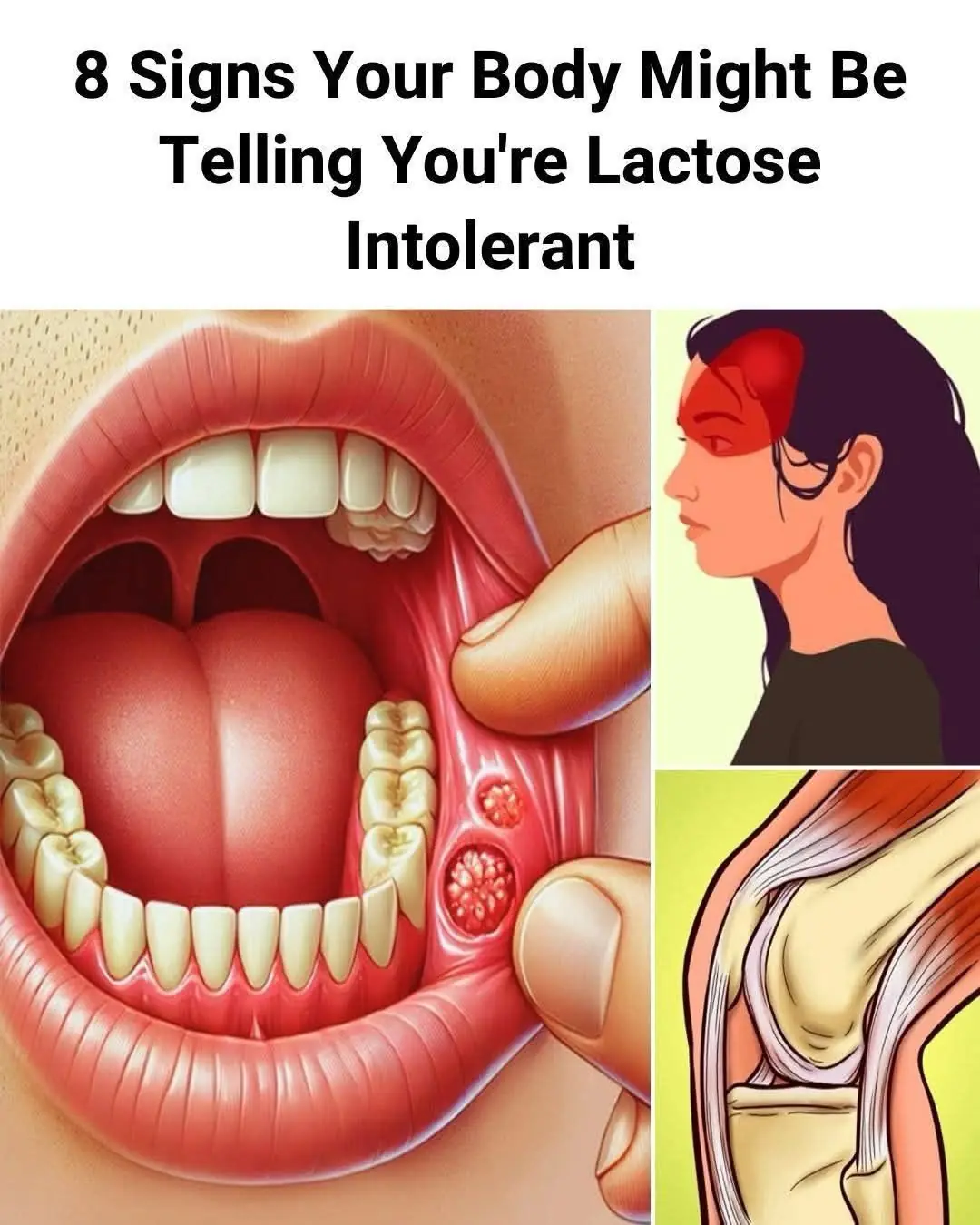
8 Signs You Might Be Affected by Lactose Intolerance
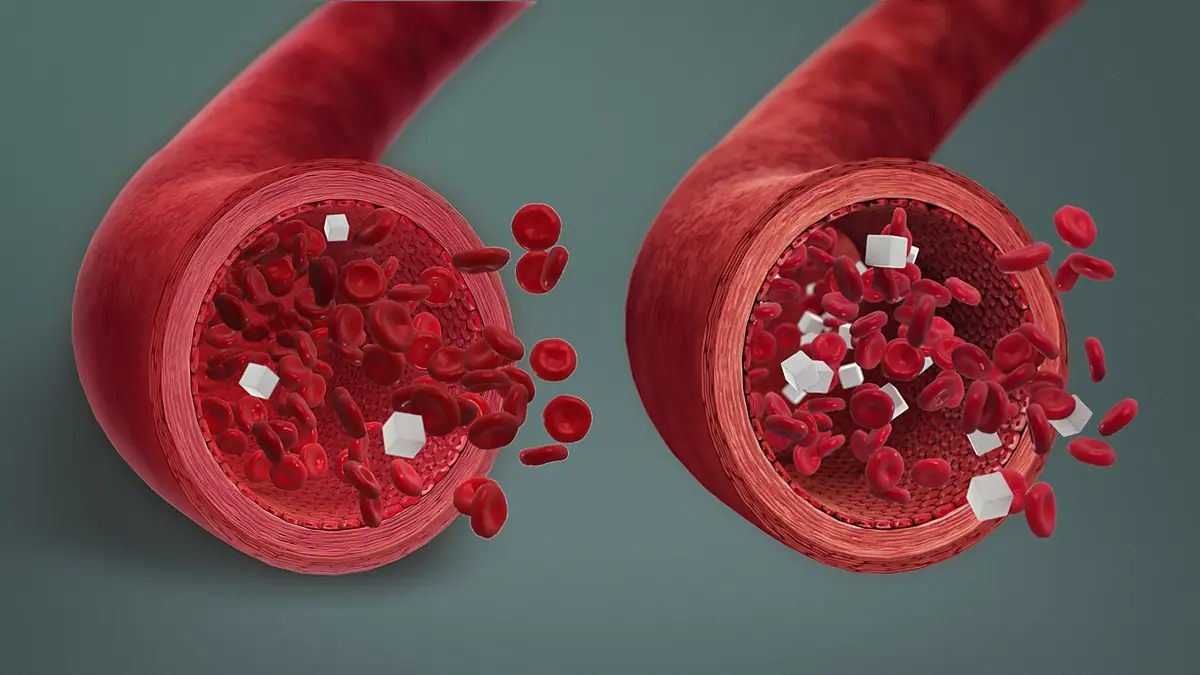
Understanding Diabetes: Types, Symptoms, Risks, and How to Manage It

Doctors Highlight A Rare Cancer Symptom That Can Appear On Your Toenails
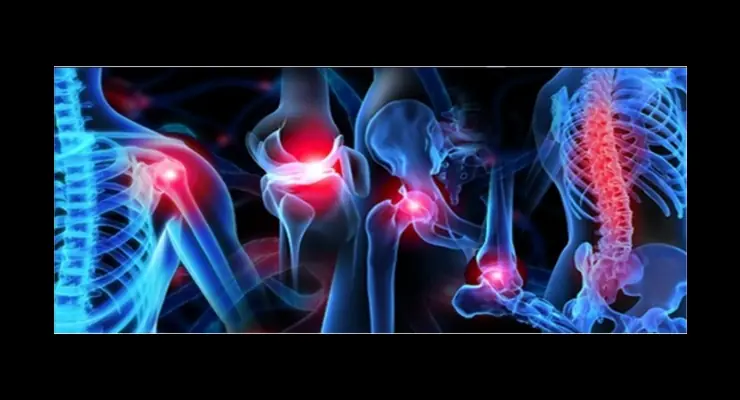
Stroke Warning Signs: When Your Body Sends a Silent SOS
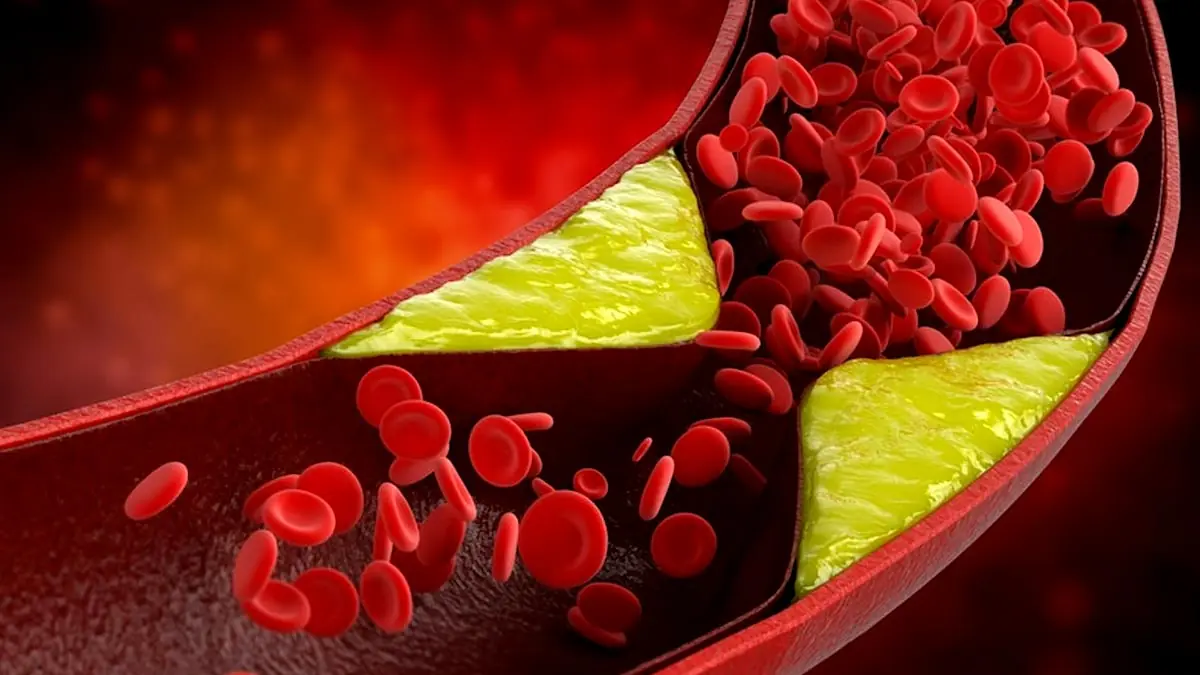
Understanding Cholesterol: The Good, the Bad, and How to Keep It in Check
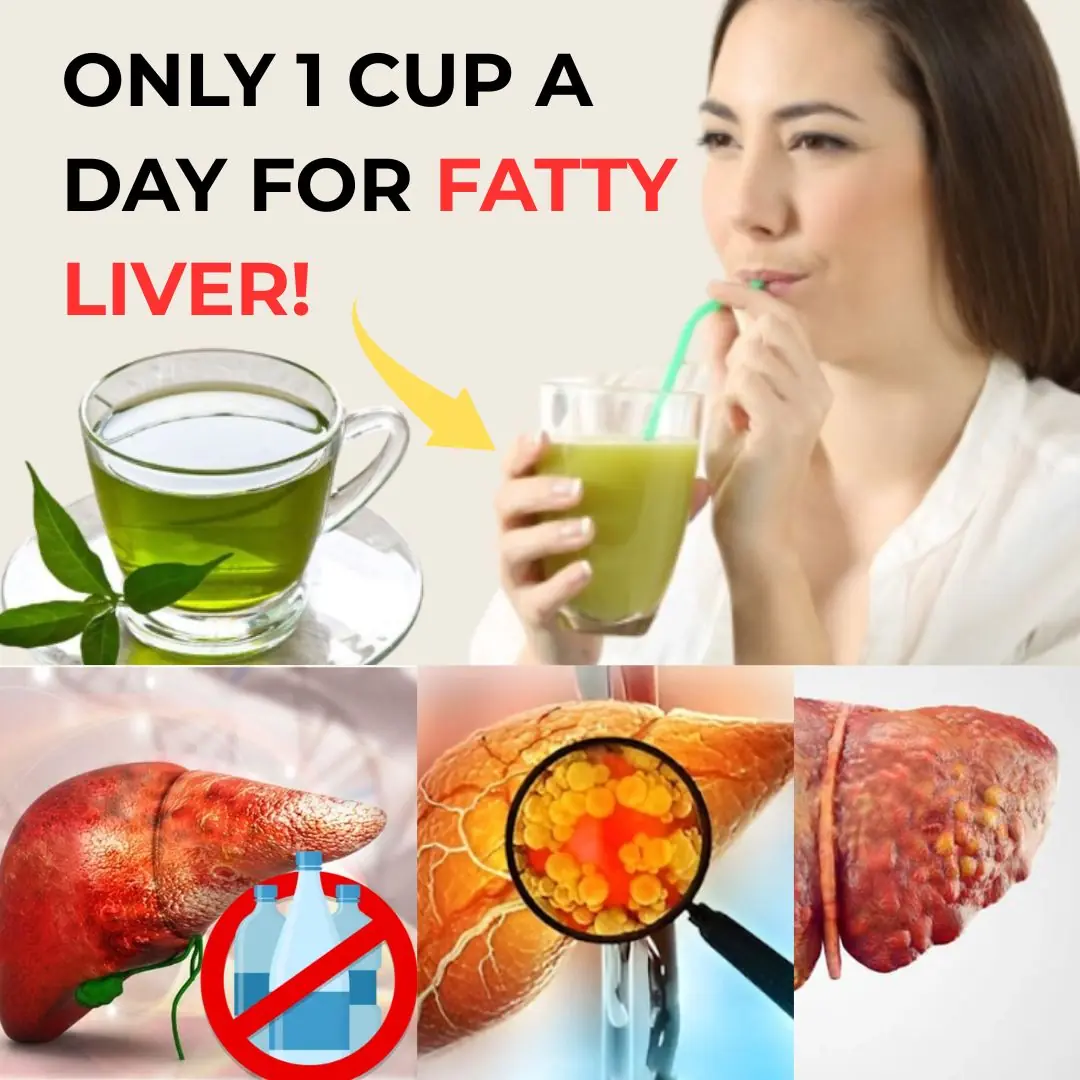
Only 1 Cup a Day: Choose 1 of These 3 Drinks to CLEANSE Your Fatty Liver!
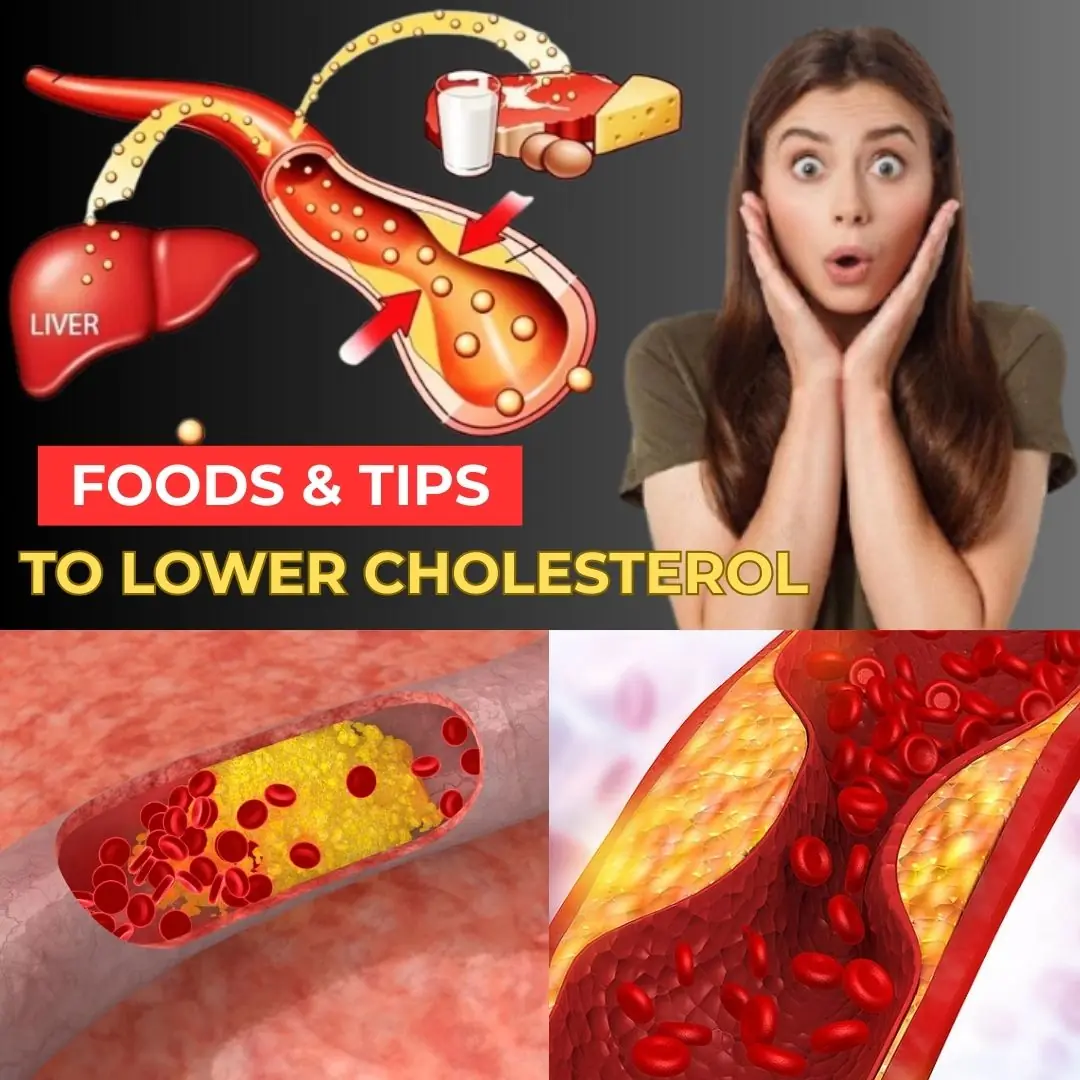
SHOCKING Tips to Lower Cholesterol! Foods You Need to Know!

7 Kinds of Pain That Shouldn't Be Ignored

Natural Nighttime Elixir: Reduce Belly Fat in Four Days Safely

10 Reasons You’re Drooling While You Sleep and What It Could Mean

Scientists Successfully Grow Human Teeth in Lab — A Breakthrough in Dental Regeneration

The 4 Dangerous Qualities of “Dark Empaths”

7 SHOCKING Benefits of Cayenne Pepper You Never Knew!

What Is Brain Fog? Scientists Are Finally Starting to Find Out

70-Year-Old Woman Who Used Her Deceased Son's Sperm to Have His Child Through Surrogacy Shares Update After Birth
News Post

URGENT: These Foods Improve Circulation INSTANTLY!

THEY BEGGED ME TO QUIT MY JOB TO WATCH MY GRANDKIDS – NOW THEY'RE DUMPING ME FOR DAYCARE

Grandma Saw the Sweater She Knitted for Her Granddaughter Donated and Decided It Was Time for a Talk About Appreciation

My Late Mom Left Me a Trust Fund, but My Dad Took Money from It for His Stepdaughter — I Finally Retaliated

My Husband Made Me Sell My Apartment to Pay Off His 'Business Debts' After Being 'Dumped' by His Partner — But It All Turned Out to Be a Lie

My Landlord Raised My Rent Because I Got a Promotion — Big Mistake Messing With a Single Working Mom of Three

All the Guests Brought Black Gifts to My Birthday Party — If Only I Knew What Was Coming

Cleaner Stepped Into a Stranger’s Home

My Mom Avoided Me for Years

My Best Friend Asked Me to Watch Her Kids for an Hour – I Didn't See Her Again for 7 Years

My Husband Had Been Secretly Transferring Money from Our Joint Account to My Best Friend for Months

Doctors make disturbing discovery in the brains of heavy alcohol drinkers that 'can cause long-term effects'

World-first sperm race is happening soon and the creators have revealed how it will work

Scientists Grow First Fully Formed Tooth In Lab — A Groundbreaking Breakthrough

New COVID Wave Surges — Health Officials Sound Alarm As Cases Double

10 Things That Men May Find Unattractive About Women Over 50

8 Signs You Might Be Affected by Lactose Intolerance

Understanding Diabetes: Types, Symptoms, Risks, and How to Manage It

Doctors Highlight A Rare Cancer Symptom That Can Appear On Your Toenails

